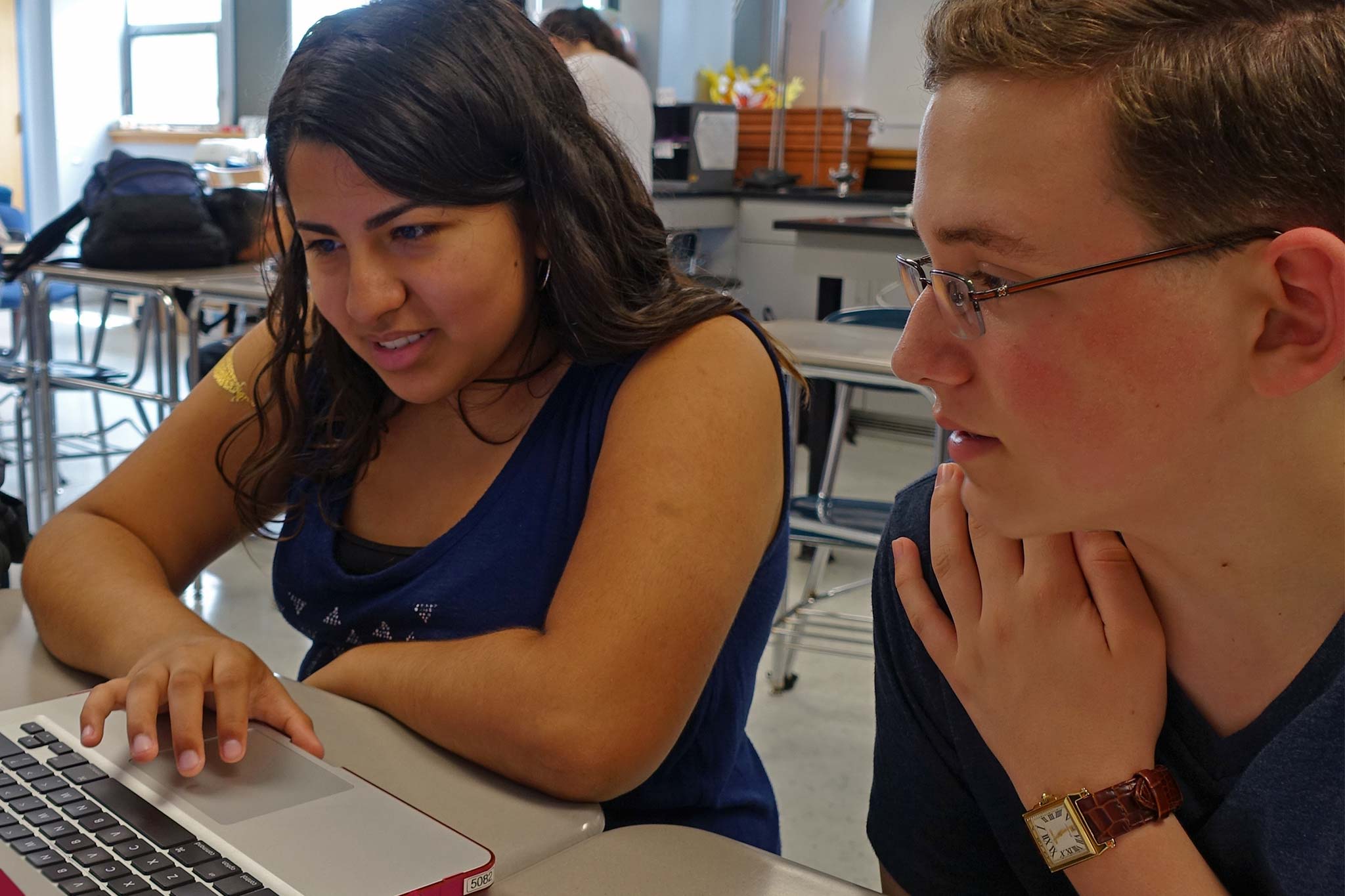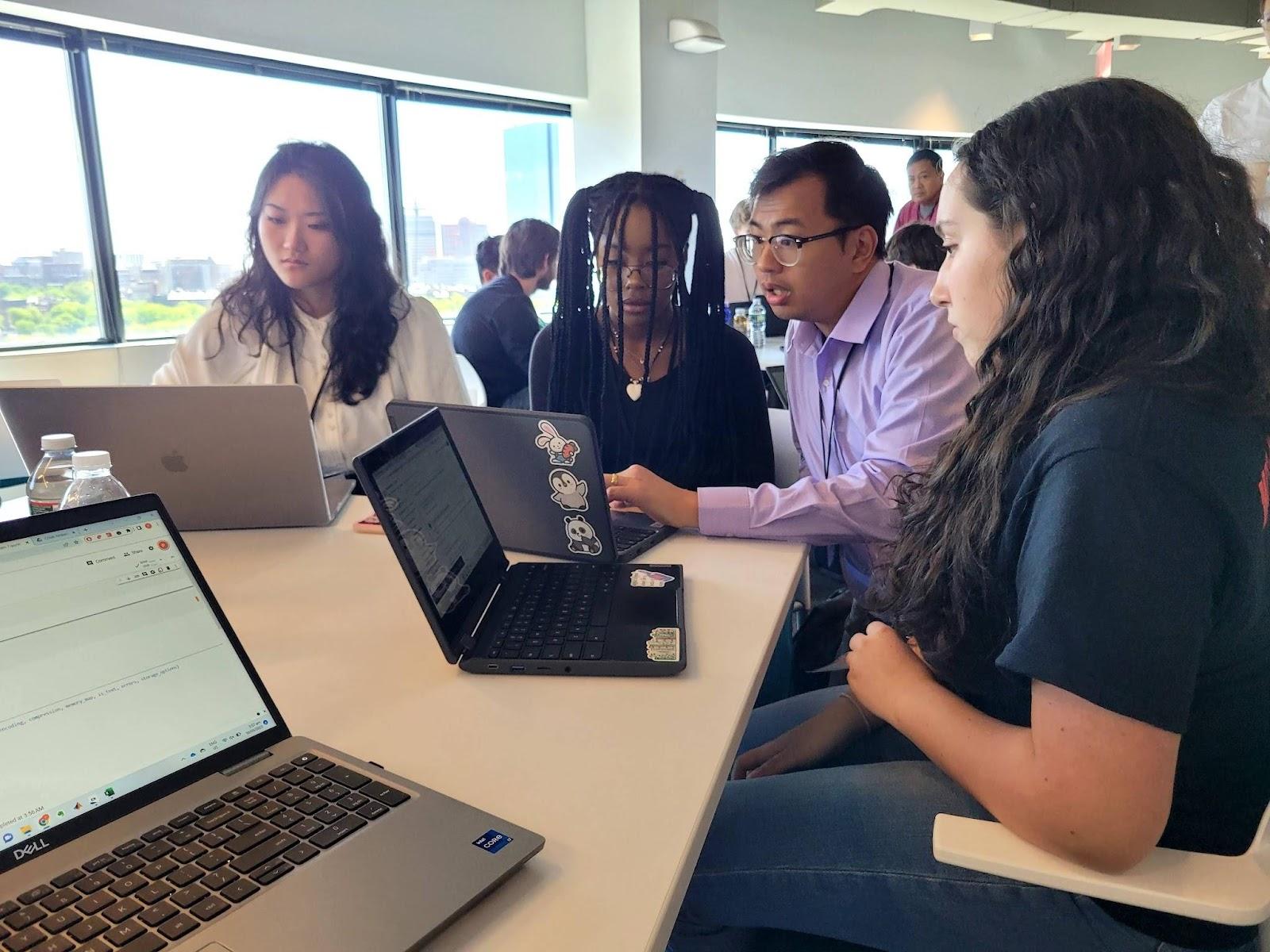AI Education Across the Curriculum
Importance
K-12 is the critical stage for young people to develop knowledge of, and interest in, artificial intelligence (AI). Yet in the current school curriculum, opportunities to learn AI are scarce. Computer science courses, where AI content is considered a natural fit, are only offered in some U.S. high schools, and they also have persistent diversity issues. AI, however, is a highly interdisciplinary field and AI education can happen in a variety of settings where the problems of interest call for AI solutions.
This project aims to support high school students in developing knowledge in AI and interest in AI-rich careers by integrating foundational AI education into disciplinary studies to reach students most underrepresented and underserved in the field.
This project team includes AI developers and educators, STEM and humanities educators, learning scientists and designers, and experts on diversity, equity, and inclusion from the Concord Consortium, Carnegie Mellon University, and North Carolina State University. We are partnering with the San Joaquin County Office of Education in California and the Maryland Center for Computing Education and working with two school districts, one in California and one in Maryland, that serve students underrepresented and underserved in the field of AI.
The work builds on our Narrative Modeling with StoryQ project. We will refine our StoryQ app, designed for students in grades 6-12 to understand and apply machine learning with unstructured text data without coding, and develop a set of curriculum modules for students to explore language-based AI applications and related careers in their math, English language arts, and history classes. With our partners, school administrators, and teachers, we will co-develop a professional development program for teachers to implement the curriculum modules.
Research
The project seeks to answer the following research questions:
- How do students’ social and disciplinary identities shape their participation in learning of AI knowledge and AI-rich careers?
- What and how are new ideas generated by teachers as they seek to coordinate their efforts to integrate AI across the curriculum?
- To what extent, for whom, and under what conditions does the AI Across the Curriculum program support students to develop knowledge of and interest in AI-rich careers?
Publications
- Martin, D. (2025). Under the hood: Exploring markov chains with animated graphs in CODAP. @Concord, 28(2), 14.







